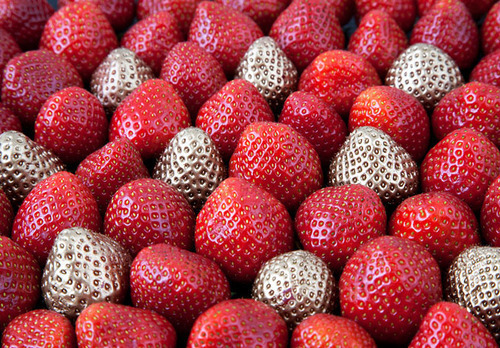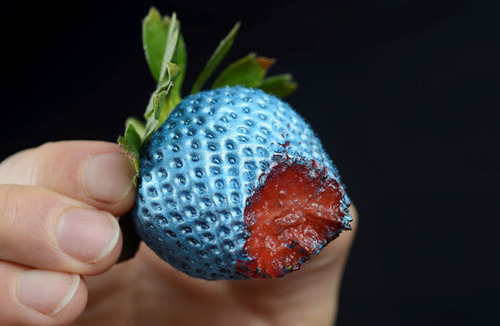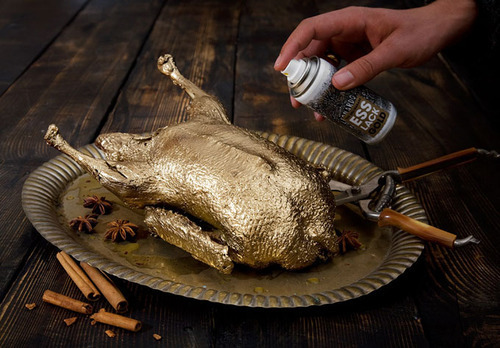Emily M. Danforth's Blog, page 36
September 10, 2013
"Tea was brought by a maid, who settled the tray on a bed already burdened with drowsing cats and..."
Tea was brought by a maid, who settled the tray on a bed already burdened with drowsing cats and correspondence, books and magazines and various bibelots, especially a lot of antique French crystal paperweights—indeed, many of these precious objects were displayed on tables and on a fireplace mantel. I had never seen one before; noticing my interest, Colette selected a specimen and held its glitter against a lamp’s yellow light:
"This one is called The White Rose. As you see, a single white rose centered in the purest crystal. It was made by the Clichy factory in 1850. All the great weights were produced between 1840 and 1900 by just three firms—Clichy, Baccarat, and St. Louis. When I first started buying them, at the flea market and other such casual places, they were not overly costly, but in the last decades, collecting them has become fashionable, a mania really, and prices are colossal. To me" she flashes a globe containing a green lizard and another with a basket of red cherries inside it—"they are more satisfying than jewelry. Or sculpture. A silent music, these crystal universes."
"Now," she said, startlingly down to business, "tell me what you expect from life. Fame and fortune aside—those we take for granted."
I said, “I don’t know what I expect. I know what I’d like. And that is to be a grown-up person.”
Colette’s painted eyelids lifted and lowered like the slowly beating wings of a great blue eagle. “But that,” she said, “is the one thing none of us can ever be: a grown up person. If you mean spirit clothed in the sack of ash and wisdom alone? Free of all mischief—envy and malice and greed and guilt. Impossible. Voltaire, even Voltaire, lived with a child inside him, jealous and angry, a smutty little boy always smelling his fingers…”
"Here," she nudged the flowered crystal toward me—"drop that in your pocket. Keep it as a reminder that to be durable and perfect, to be in fact grown-up, is to be an object, an altar, the figure in a stained-glass window: cherishable stuff. But really, it is so much better to sneeze and feel human."
”- From Truman Capote’s unfinished/delicious/(and sometimes) smutty novel Answered Prayers (p. 43-44)
"I was completely smitten by the book. I longed to read them all, and the things I read of produced..."
- Patti Smith, Just Kids (via mttbll)
"A woman who writes has power, and a woman with power is feared."
- Gloria Anzaldúa (via aestheticintrovert)
thesorrowsofgin:
Greenland.
September 9, 2013
awkwardsituationist:
Umbrella Sky Project by Sextafeira...
September 8, 2013
theparisreview:
It pains me to see an old woman fret overA few...

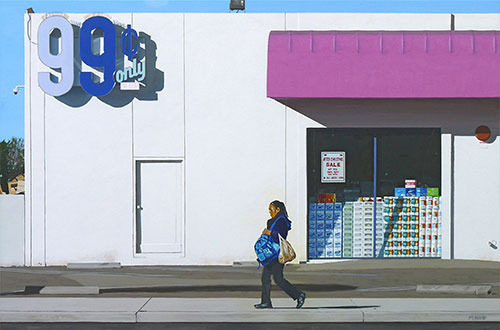
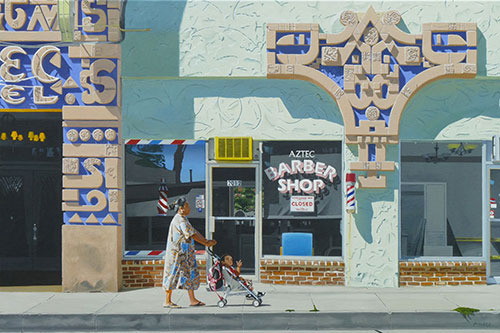
It pains me to see an old woman fret over
A few small coins outside a grocery store—
How swiftly I forget her as my own grief
Finds me again—a friend at death’s door
And the memory of the night we spent together.
I had so much love in my heart afterward,
I could have run into the street naked,
Confident anyone I met would understand
My madness and my need to tell them
About life being both cruel and beautiful,
But I did not—despite the overwhelming evidence:
A crow bent over a dead squirrel in the road,
The lilac bushes flowering in some yard,
And the sight of a dog free from his chain
Searching through a neighbor’s trash can.
—Charles Simic, “So Early in the Morning”
Art Credit Michael Ward
September 7, 2013
"Novelist Dorothy Allison once joked that the phrase “lesbian fiction” brought to mind an image of..."
- “Why Is Lesbian Fiction So Bad?” by E. J. Levy (The Harvard Gay and Lesbian Review, 1996)
"To my mind, a story’s ending ought to acknowledge the ever-moving quality of life; that is, I want..."
- Nelly Reifler (via mttbll)





